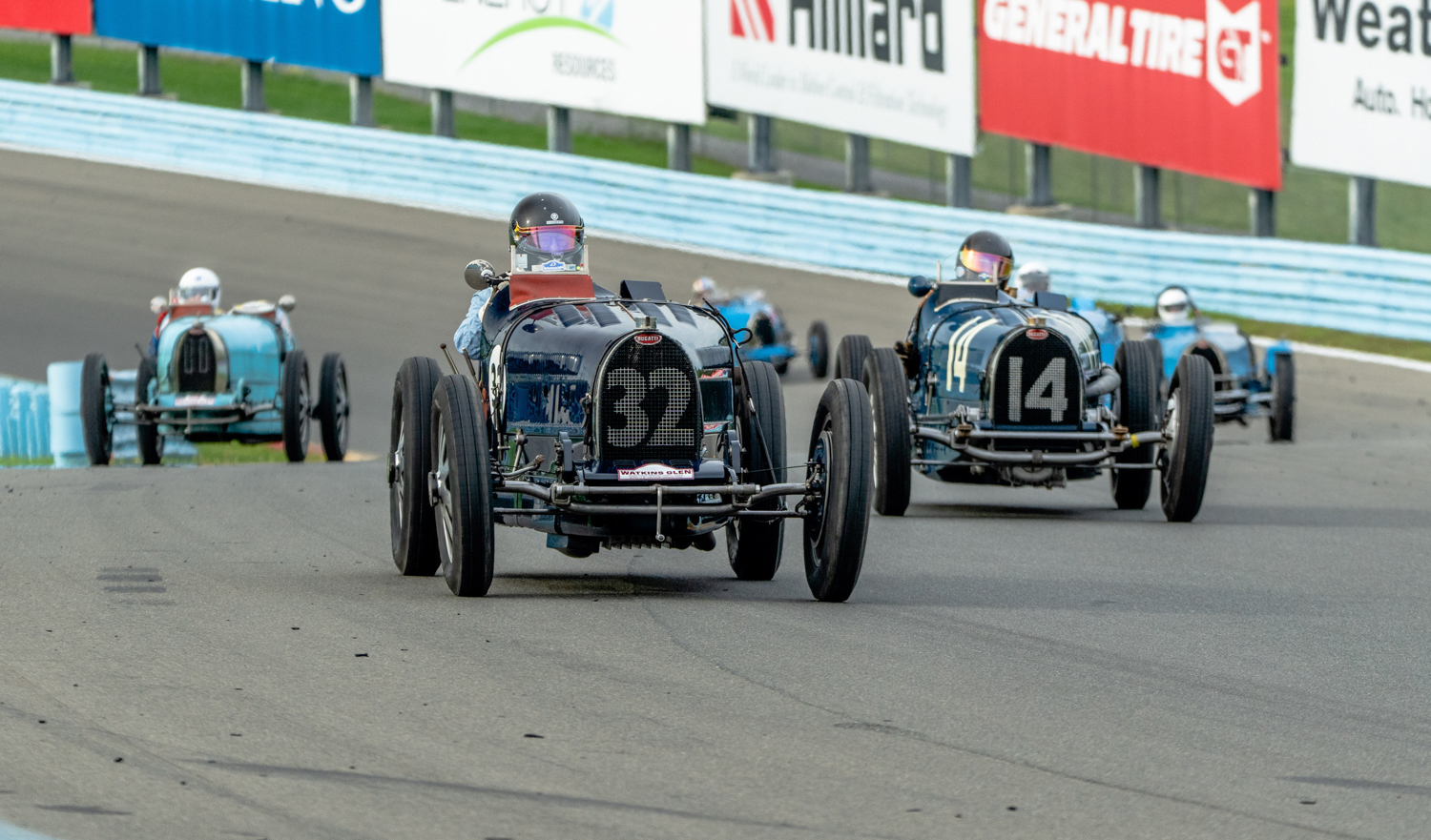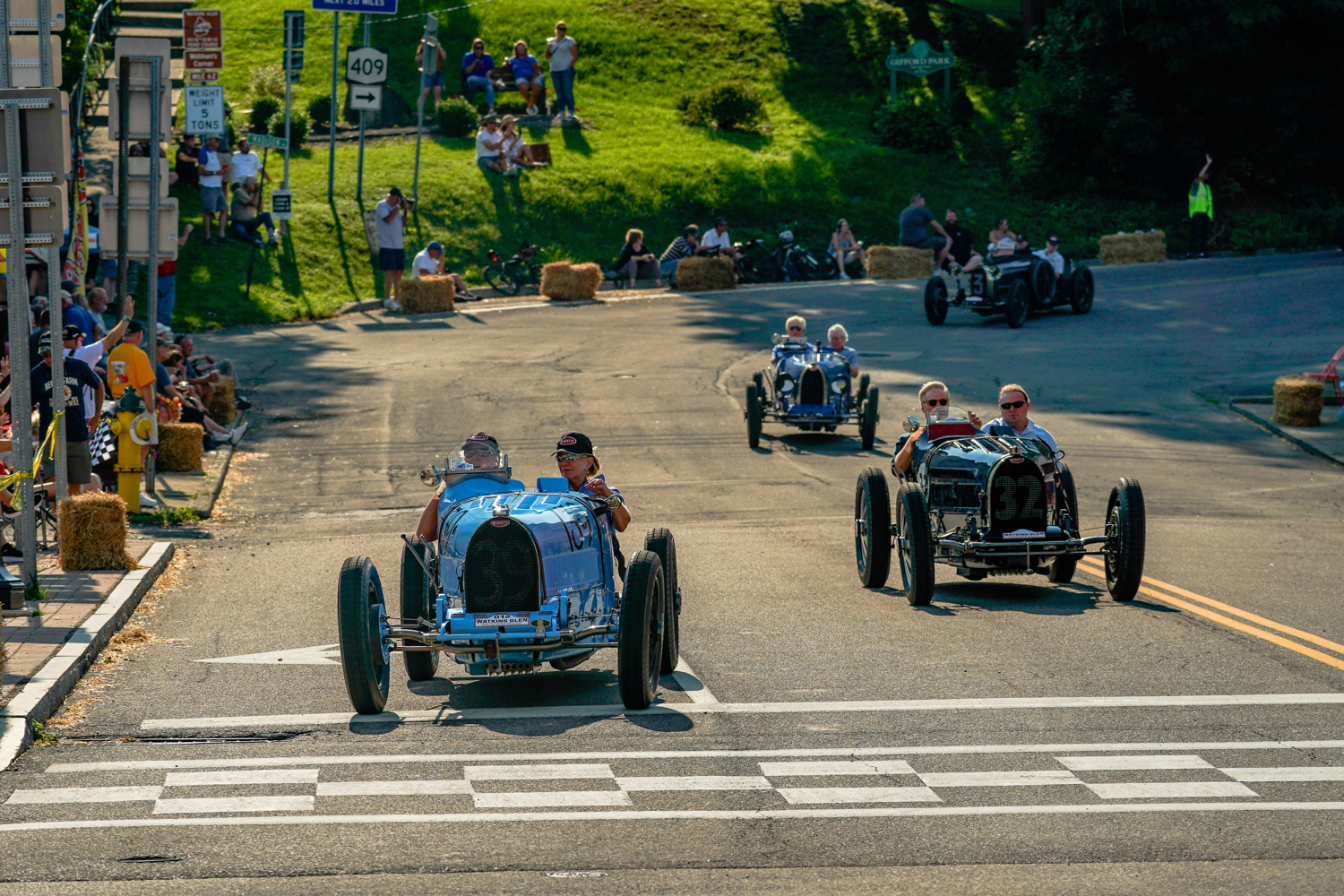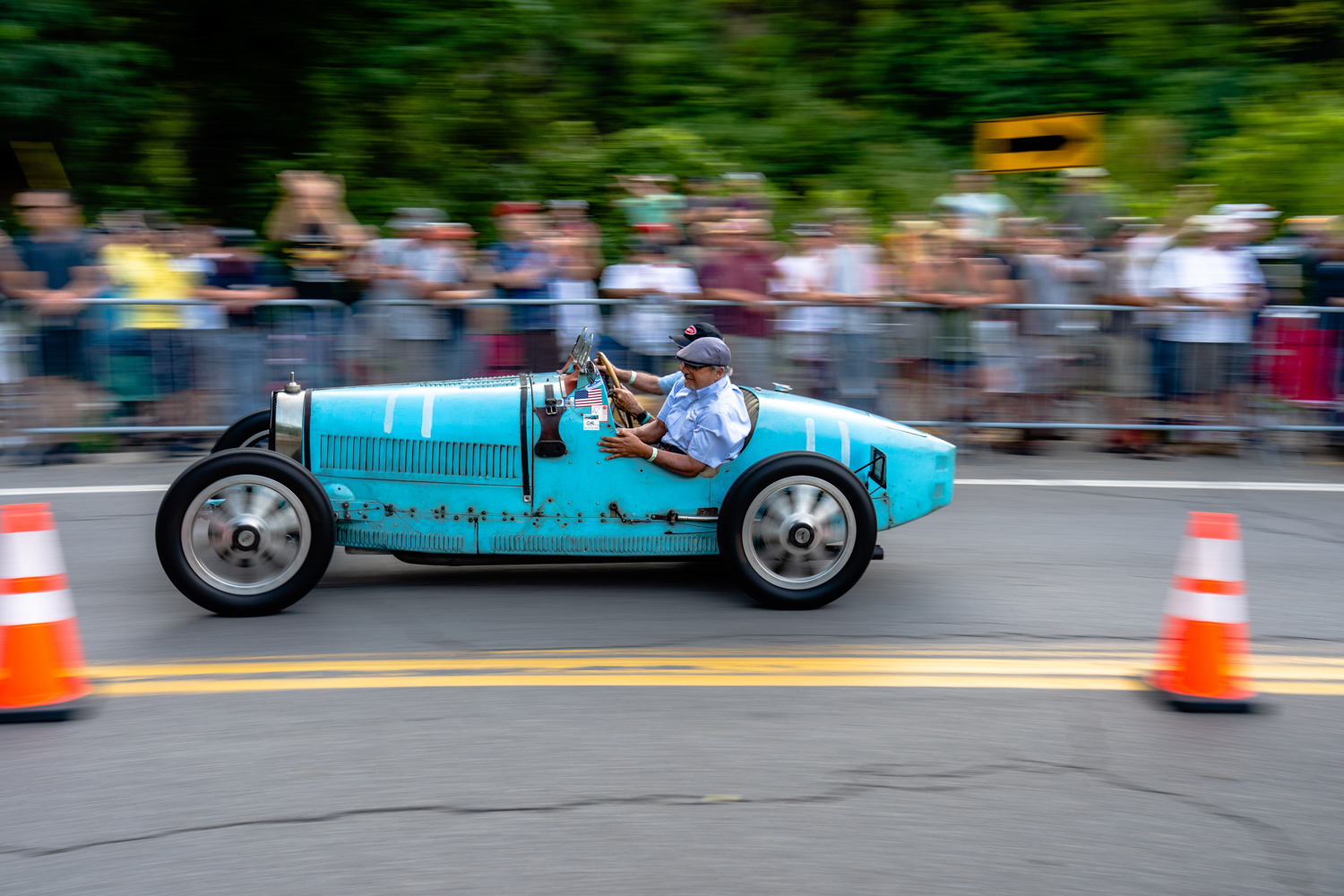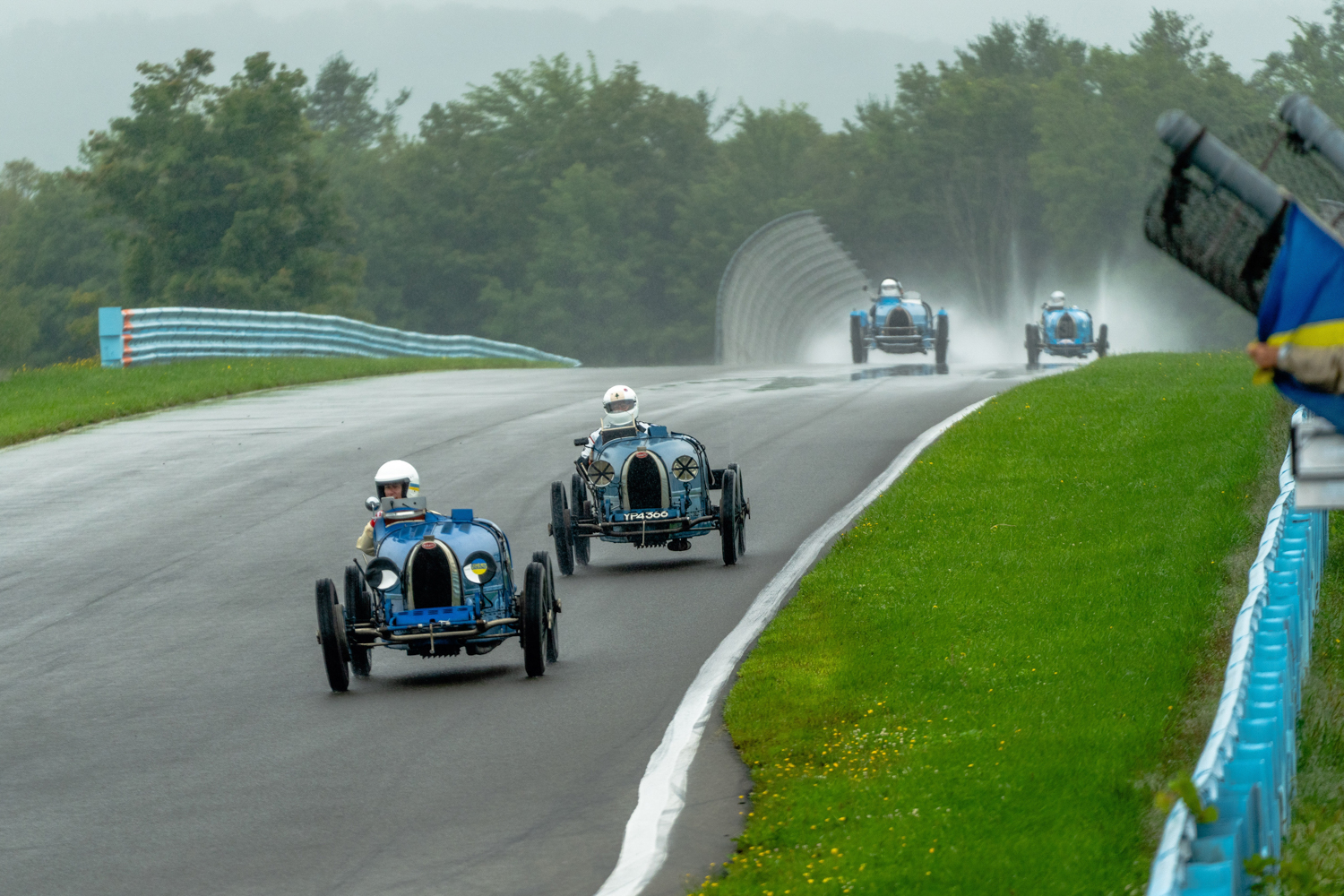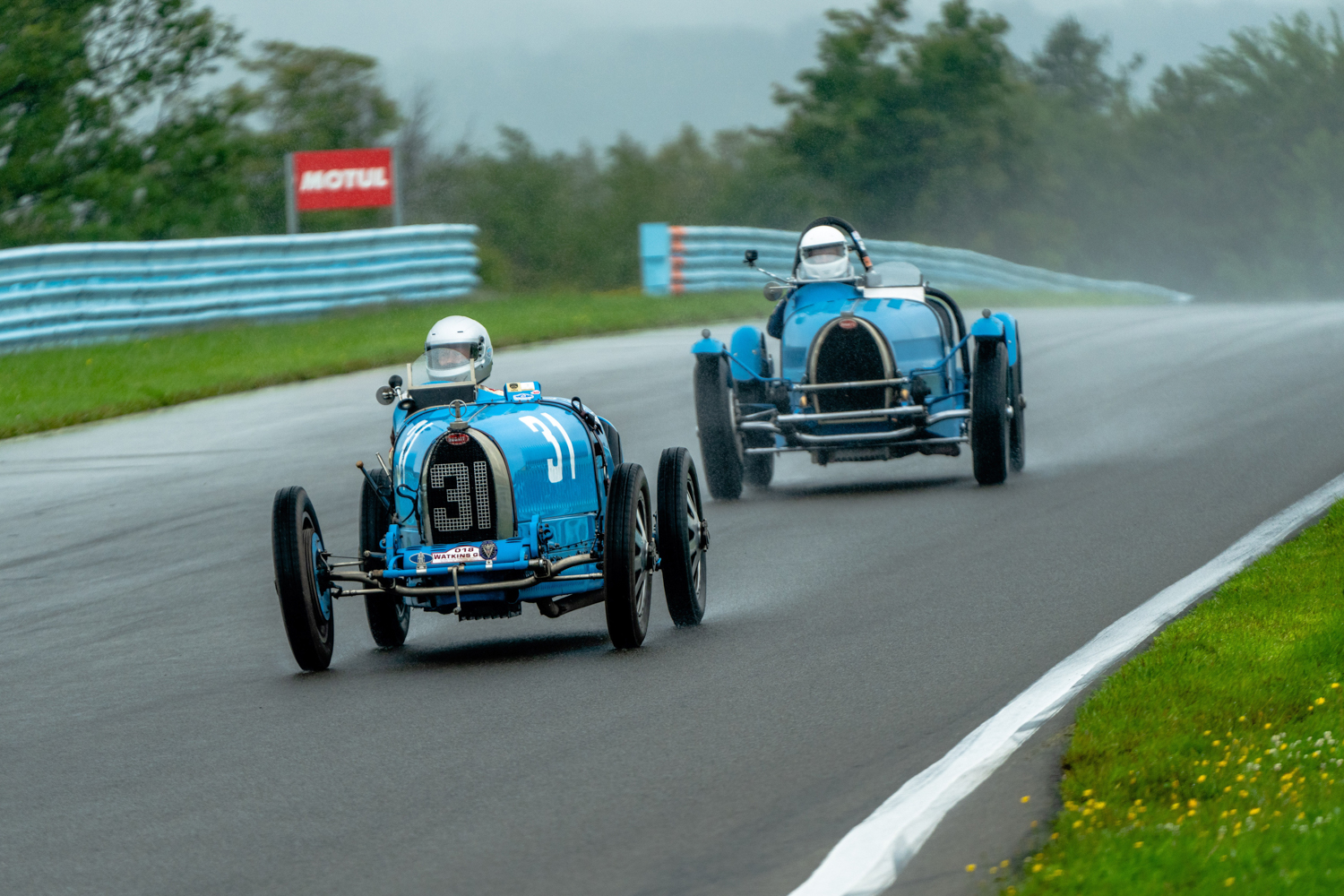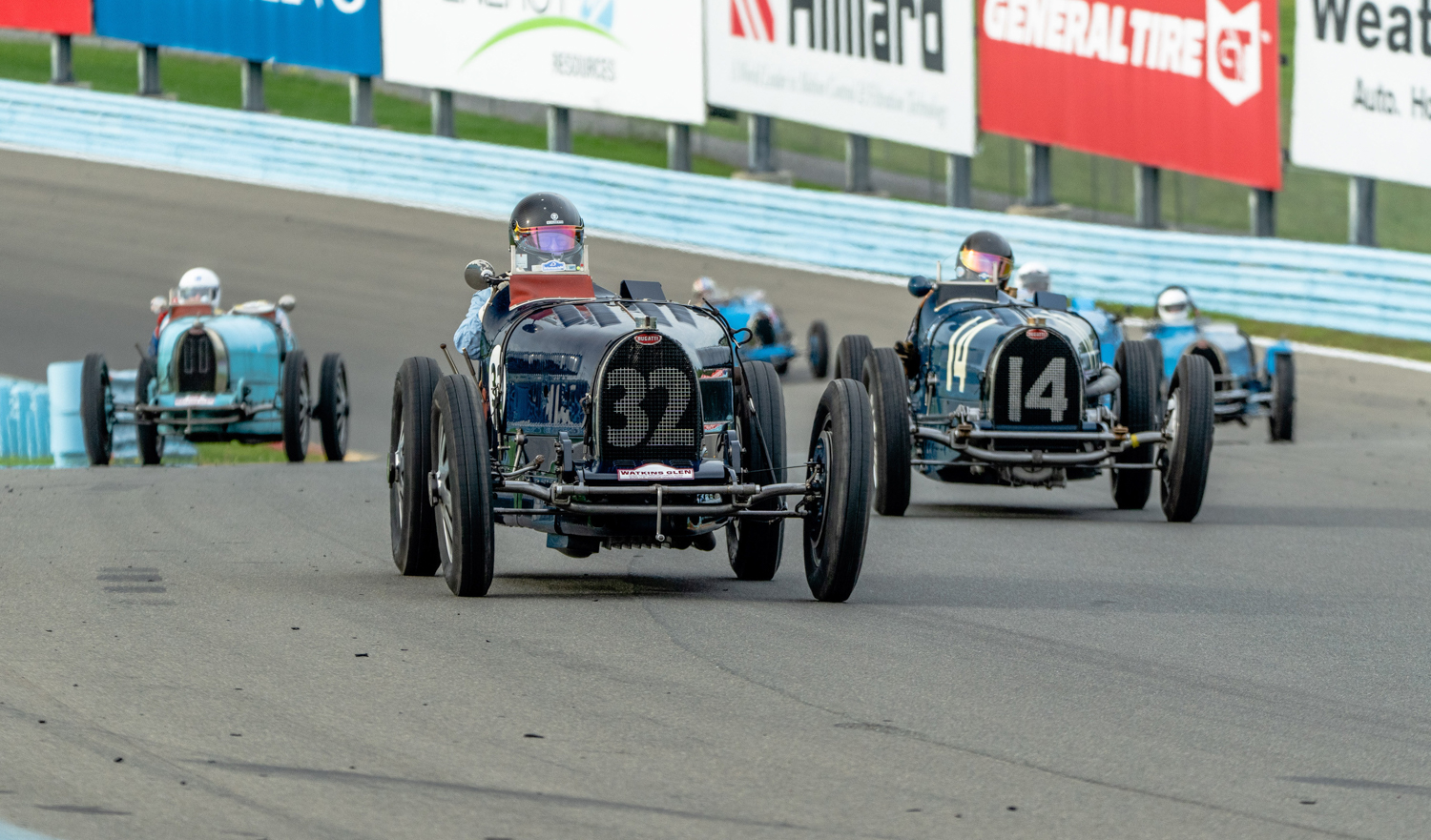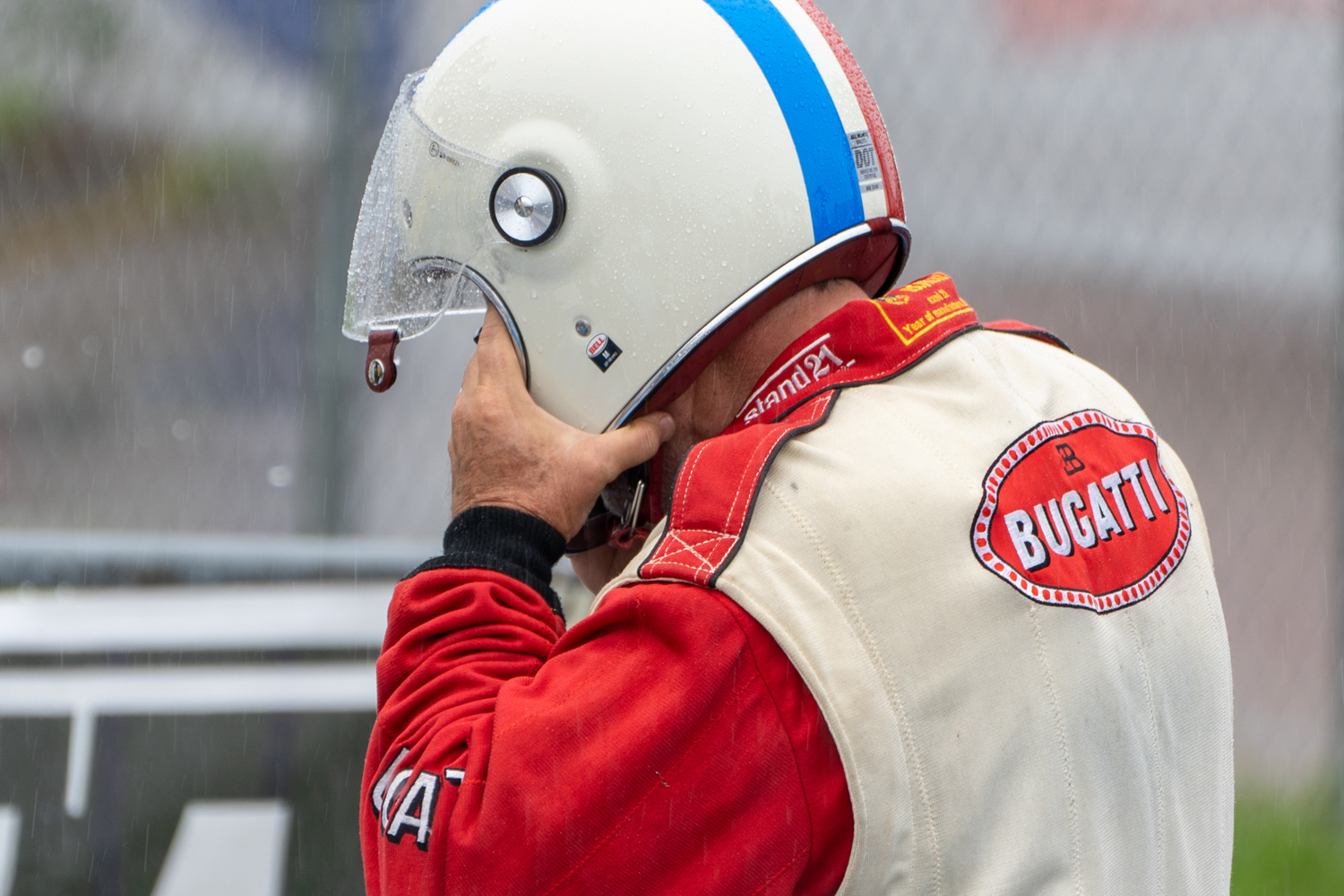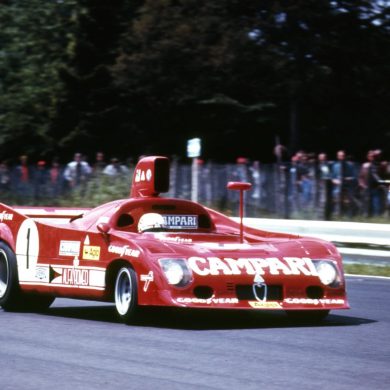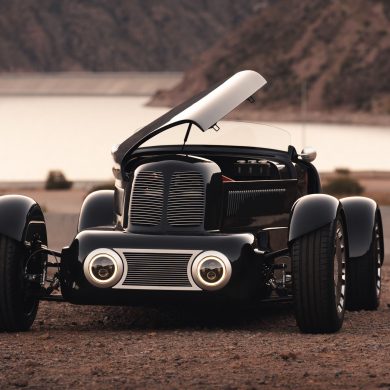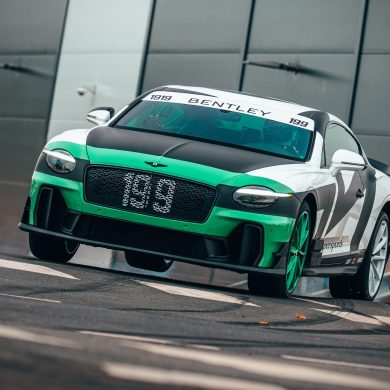In 1928, Ettore Bugatti shone a spotlight on his incomparable racing cars with the hosting of his very own ‘Bugatti Grand Prix’. Contested at Le Mans, the thrilling race would be replicated in 1929 and 1930, before disappearing from the calendar. However, in 1987, the historic event became the inspiration for the U.S. Bugatti Grand Prix, organized by the American Bugatti Club (ABC), which in early September celebrated its 11th running, alongside the ABC Finger Lakes Rally, with a road and track display of more than 20 historic Bugatti models.
This celebration of great Molsheim-produced Bugatti vehicles is a very public spectacle, open at all times to local enthusiasts and fans, eager to see some of the most legendary cars ever created. As a part of the celebrations, they flocked to Watkins Glen in New York state to line the streets for a reenactment of the route of the historic Grand Prix, which ran for the first time in 1948, and at that point incorporated streets of the town into the circuit. Pressed to the side of the road six people deep, the spectators also enjoyed a cavalcade of Bugatti models roaring through the high street.
The American Bugatti Club members made their way through Watkins Glen town a mere 24 hours before they were due to begin racing on the modern-day Watkins Glen International circuit, informally known as The Glen. The line-up of 15 certified racing icons, such as Type 35, Type 37, Type 57, Type 59 and more, was joined by ten Bugatti competitors here purely for the ABC Finger Lakes Road Rally – a collection of equally arresting more road-oriented cars, many sporting elegant coachbuilt bodies, such as the rare Type 57 Ventoux.
At The Glen, both race and rally cars took their place in the paddock, ready to be enjoyed and inspected by visitors eager to touch, feel and hear cars that were legends of motorsport almost a century ago, or the much-vaunted transport of the early 20th Century elite.
Before the racing cars headed out onto the track, the U.S. Bugatti Grand Prix introduced its very special pace car to the crowd. One of the original 1933 works cars, the Type 59 (chassis 59121) was raced by Rene Dreyfus at the 1933 Spanish Grand Prix, before later being purchased by C.E.C. Martin of England in 1935. It is widely regarded as one of the most beautiful Grand Prix cars ever built.
As racing got under way, the beautiful trophies on offer were displayed to the competitors. Reimagined by Corning Glass, the trophies are based on Rembrandt Bugatti’s ‘Dancing Elephant’ sculpture, which adorned the hoods of Ettore Bugatti’s most luxurious creation: the Type 41 Royale.
Four individual trophies were available, one for each of the class winners:
Class 1: Over 2.3 liters supercharged and 3.3 liters unsupercharged
Class 2: 2.0 liters unsupercharged and Type 39A/ Type 35C
Class 3: 1.5-liter supercharged 4-cylinder
Class 4: Sports Car/ Touring
The racing was split over two days at Watkins Glen International, with a large crowd of enthusiastic spectators cheering on the Bugatti legends on the circuit. The experience afforded many of them the opportunity to transport themselves back to a time more than eight decades in the past, witnessing the spectacle that racegoers of the 1920s and ’30s might have enjoyed, watching Robert Benoist, Louis Chiron, Pierre Veyron or Rene Dreyfus wrestle their Bugattis through sweeping bends and powering them down long straights.
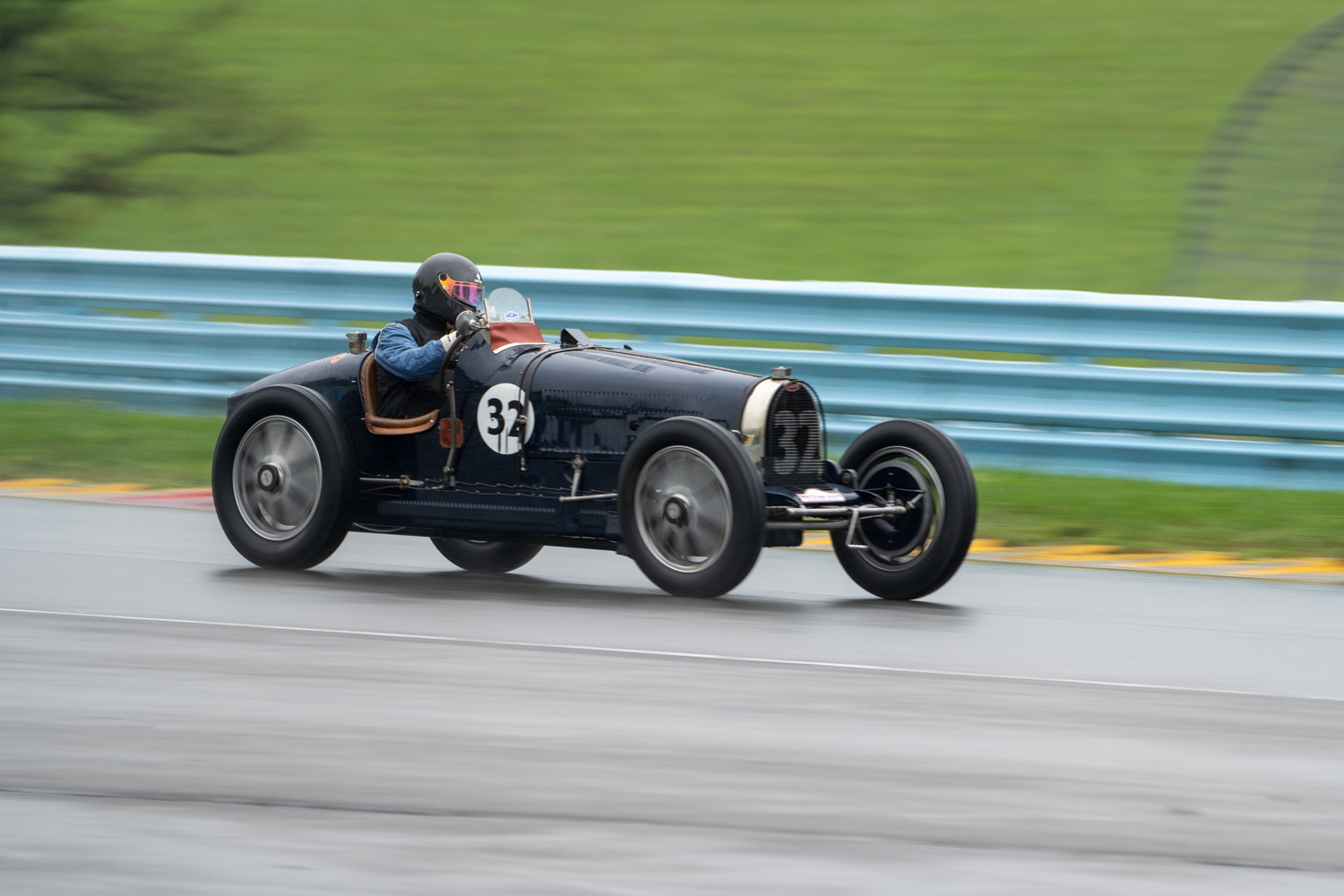
At the end of the racing, overall and Class 1 victory went to the Type 51 of Brad Baker, with further class winners as follows: Class 2, a Type 35; Class 3, a Type 37A; Class 4, a Type 35 A.
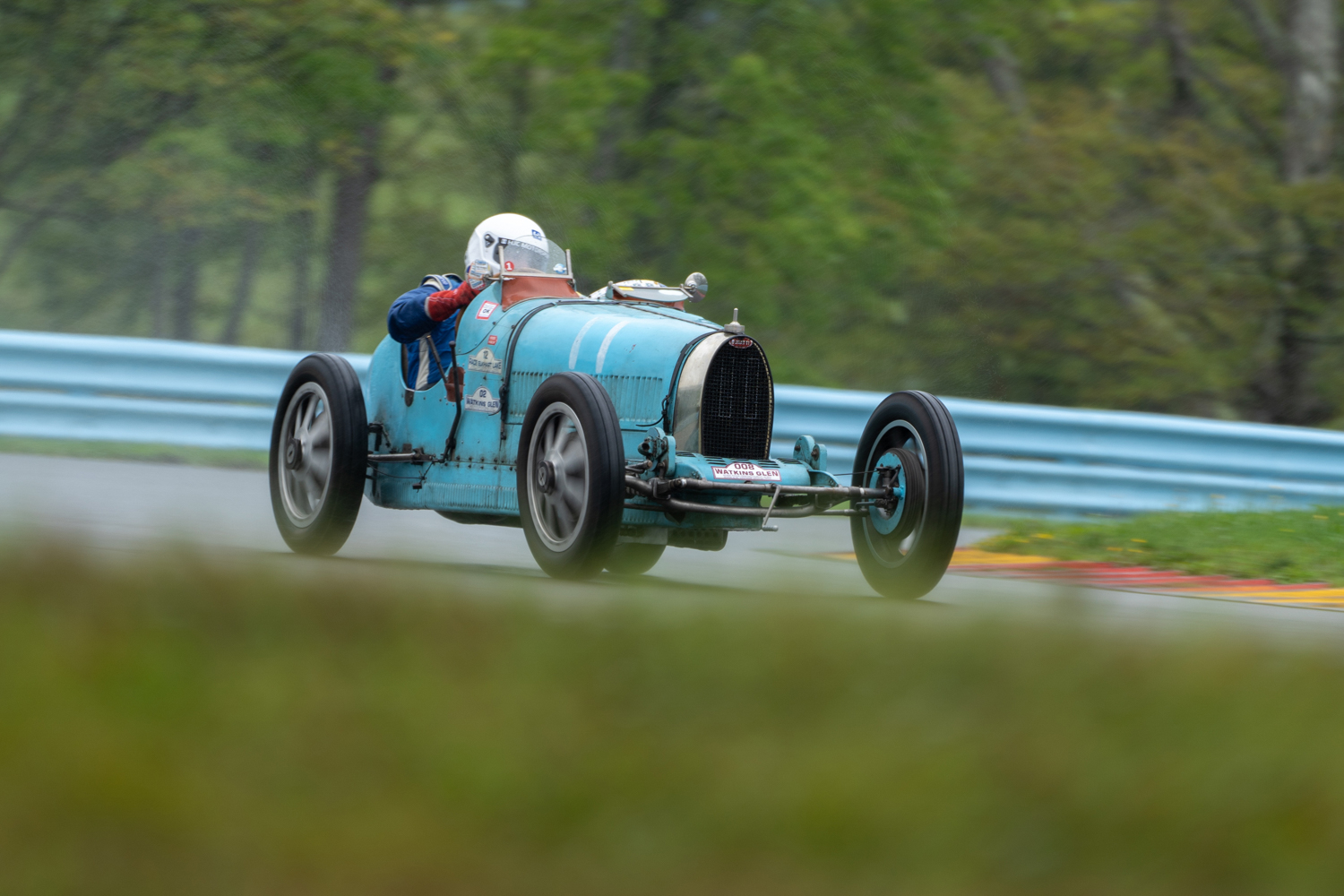
The American Bugatti Club was founded in 1960 on the West Coast with the goal of ‘preserving, maintaining and driving original Molsheim produced automobiles’. The group of enthusiasts still drive these automotive treasures on rallies, display them at Concours d’Elegance events, and – as is the case at the U.S. Bugatti Grand Prix – race them. The American Bugatti Club, along with many racing organizations, will only allow Bugattis with a minimum of three out of five original parts to race. These five parts are the chassis, engine, transmission, rear end and front axle.
Thomas Clifford, President of the American Bugatti Club, said: “The joy of hosting this event is being able to share our passion and our Bugatti cars with people that might never have even dreamt of seeing one. Or even better, we might stoke the enthusiasm for Bugatti in someone that may never have even heard of Ettore Bugatti. Every Bugatti vehicle operates at the pinnacle of engineering and design, and we hope by allowing people to enjoy these cars and to interact with them up close, we can maintain the legacy that they very much deserve”.


